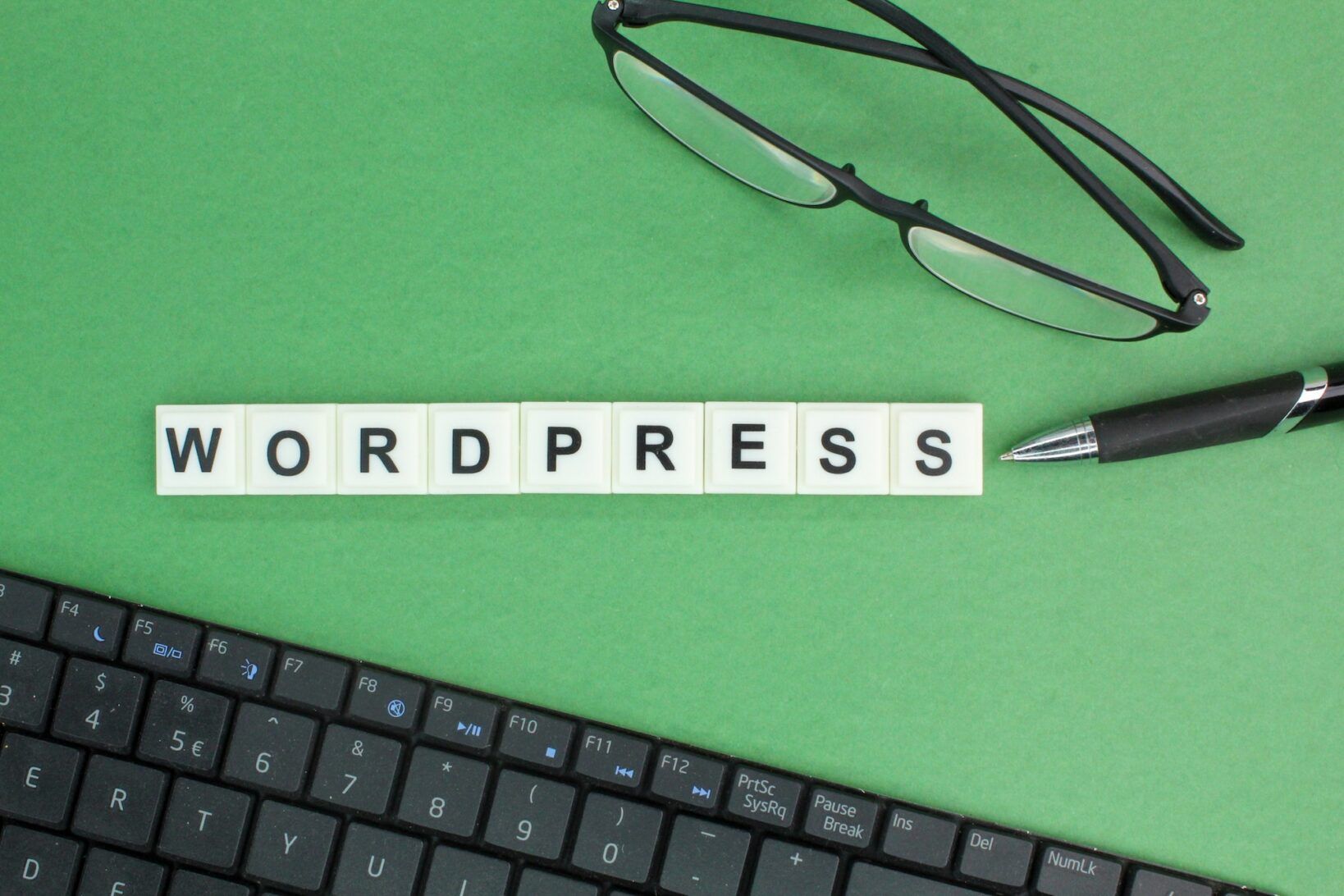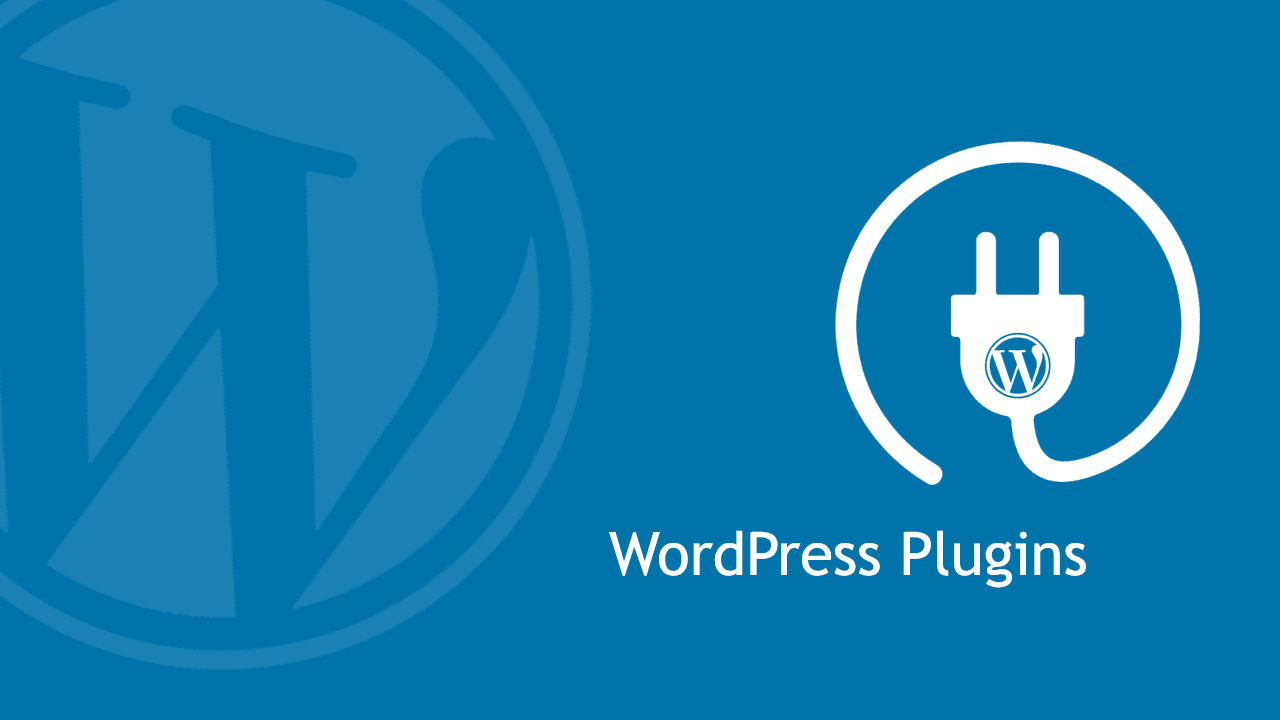What is domain privacy?
Domain privacy is a service offered by domain registrar companies to protect the personal information of an individual or business. The service masks publicly available contact information for a website owner, stopping it from being indexed in public databases. Domain Privacy replaces the original data with generic contact information linking back to the web hosting company, preventing malicious parties from gaining access to it. This is especially important with websites dealing with sensitive topics such as finance and medical services.
Is Domain Privacy Necessary?
Domain privacy is an important security measure for many website owners. It helps to protect their private information from cyber criminals looking to steal personal data and use it for malicious purposes. While some website owners may believe that domain privacy is no longer necessary, it is still a vital tool for defending against online dangers.
The need for domain privacy has become even more important as hackers become more sophisticated with their techniques. By hiding the contact information associated with a website, potential attackers are unable to access this valuable information and use it to gain access to private accounts or networks. This can help reduce the risk of identity theft or other serious cyber-security issues that can arise from leaving this data exposed on the internet.
GDPR effect on Domain Privacy
Domain privacy is an important tool for protecting personal information. However, with the implementation of the General Data Protection Regulations (GDPR) in 2018, it is critical to understand how this new legislation can affect domain privacy.
The GDPR was implemented to provide more protection and control over personal data. Personal information that is registered for a domain name is publicly accessible through “WHOIS” queries. Domain privacy services offer protection by masking private contact information from public view.
Under the GDPR, domain registrars are required to ensure that all customer data is stored securely and protected from unauthorized access. This means that customers must be provided with options for protecting their details when registering a domain name.
Benefits of Domain Privacy
Domain privacy is a service that many website owners choose to use, and it can be especially beneficial for businesses and those who are concerned about their online privacy. Domain privacy provides a secure layer of protection for website owners and allows them to keep their domain name, contact information, and other personal data private from the public. This service ensures that your domain name remains anonymous by masking your personal information from the WHOIS database – an online directory where all registered domains are listed.
For business owners, this offers an extra level of protection against fraudsters or malicious parties who could access sensitive information related to the domain. Domain privacy also helps protect against “domain tasting” which is when someone registers a large number of domains to see if they can sell them for a profit before having to pay any registration costs.
Cost vs. Value
When weighing the options of whether or not to purchase domain privacy for your website, this question becomes even more prominent. Domain privacy offers a layer of protection for website owners by making their contact information unlisted on publicly accessible registrar databases. Though it does come with a cost, the value generally outweighs that price tag depending on the circumstance.
Who Needs Domain Privacy?
Domain privacy is an important part of protecting a website from malicious cyberattacks, identity theft, and other online threats. With the right protection in place, individuals and businesses can maintain their data security while enjoying the benefits of having an online presence.
Domain privacy is especially important for those who are concerned about their personal information being exposed to potential hackers or spammers. By keeping your domain name registered under a domain privacy service provider like J36 Digital, you can protect yourself from unwanted attention and threats. Additionally, domain privacy will shield any sensitive information that is associated with your website or blog. This will help ensure that only authorized personnel have access to these accounts and data points.

Pros and Cons of Domain Privacy
Domain privacy is an important consideration for those who own a website. It offers many benefits but also has some drawbacks that should be taken into account. For those seeking to protect their personal information, the pros and cons of domain privacy should be carefully weighed before making a decision.
The primary advantage of domain privacy is that it shields the owner’s personal contact information from public view. This can help protect against spam, telemarketers and other unwanted emails or calls. Additionally, it can help prevent identity theft and keep private information such as phone numbers and addresses safe from malicious parties on the web. Domain privacy can also prove useful in protecting small businesses from potential competitors by concealing ownership details.
The disadvantage of domain security is obviously the cost. That said, this can be as little a £10 per year.
From malicious cyberattacks, identity theft, and other online threats. With the right protection in place, individuals and businesses can maintain their data security while enjoying the benefits of having an online presence.
Domain privacy is especially important for those who are concerned about their personal information being exposed to potential hackers or spammers. By keeping your domain name registered under a domain privacy service provider like J36 Digital, you can protect yourself from unwanted attention and threats. Additionally, domain privacy will shield any sensitive information that is associated with your website or blog. This will help ensure that only authorized personnel have access to these accounts and data points.
Alternatives to Domain Privacy
For those who are looking to maintain some level of anonymity while registering a domain name, one option is using a third-party service that specializes in providing anonymous domain registration services. These services often provide extra layers of security such as two-factor authentication or encryption capabilities. However, this can be quite costly, especially when compared to regular domain registration costs.
Another alternative for maintaining anonymity is to use a proxy server or virtual private network (VPN).
How to Protect Your Business
Domain privacy is an important element to consider when you’re protecting your business. It ensures that the personal information associated with your domain name isn’t made public, which can help protect your company from cyber attackers. But is domain privacy still necessary? That depends on who owns the domain name and for what purpose it will be used.
The most important thing to keep in mind is that if you are a sole proprietor or entrepreneur, then it’s highly recommended that you opt into purchasing a domain privacy package. This helps ensure that your contact information – such as phone numbers, email addresses, physical addresses and more – remains hidden from those looking to exploit these details. Doing so can prevent malicious parties from obtaining information about your business and possibly launching an attack against you.
Conclusion: Evaluate Your Needs
Domain privacy is an important online security feature for website owners and other internet users. It can help protect your personal information from being shared with third parties, as well as prevent unwanted attention from spammers or hackers. But how do you know if domain privacy is still necessary for your website? The answer depends on a variety of factors such as the size and purpose of your website, the types of content you are sharing, and how sensitive the data is that you are collecting. It is important to note that domain privacy is not a replacement for website security. Domain privacy only protects the information you are collecting and storing on your domain, and it does not protect the site itself or your content from being hacked.








